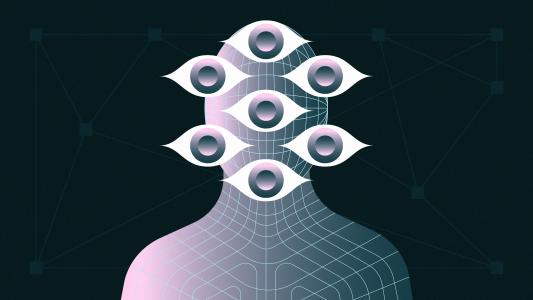Every spring, artists, techies, and musicians flock to Austin, Texas, for the annual South by Southwest (SXSW) festival.
At least, they do when there isn’t a pandemic.
COVID-19 forced SXSW to go digital-only in 2020 and 2021, but the content is just as wild and inspiring.
Case in point: the AI Painting Project, presented as part of the Todai To Texas program.
The AI Painting Project
The AI Painting Project is a collaboration between IBM Japan, Yamaha Motor, and the University of Tokyo.
Together, they’ve trained an AI-powered robot arm to generate paintings using either watercolors or acrylics.
The AI isn’t told exactly what to paint — it’s only fed concepts, such as “swing” and “mask.”
It’s then given a set number of brushstrokes with which to generate a painting based on the concepts — a limit of 30 strokes will yield a more abstract painting, while 300 will result in one with more detail.
The Future of Creative AI
The AI Painting Project isn’t the first attempt to get a machine to demonstrate creativity — past examples include AIs trained to write, rap, and draw.
Whether any of this art is great (or even good) by human standards is subjective.
Still, the team behind the AI Painting Project is hopeful that their robot’s creations might show the world what’s possible when machines are given room to express themselves.
“The paint strokes, colors, and the overall final images that the AI produces have the potential to usher the world into a new category of art and aesthetics entirely created by machines,” they write.
We’d love to hear from you! If you have a comment about this article or if you have a tip for a future Freethink story, please email us at [email protected].






